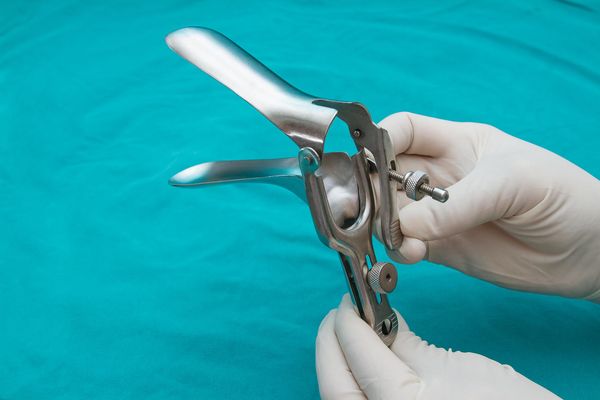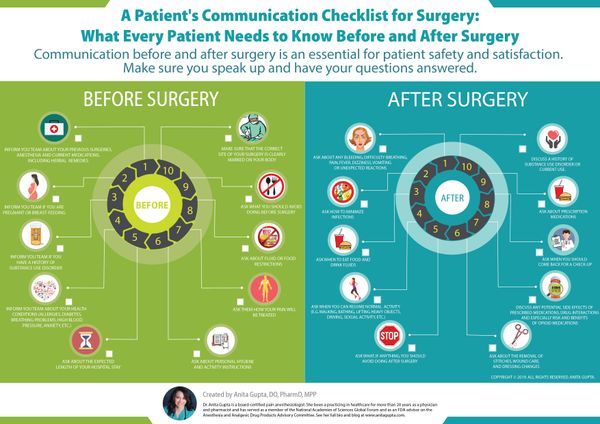Pain, in addition to causing physical distress, can cause significant emotional distress, making you mighty cranky, depressed, stressed and anxious. It can turn an ordinary day into a minute-by-minute challenge and shadow you into a sleepless night.
While pain sufferers may not concur on just one type of treatment, there is one thing they all agree on: Chronic pain impacts their quality of life in a big way.
It's no wonder mankind has spent centuries searching for ways to alleviate pain—it's a very common ailment, sadly. According to the American Academy of Pain Medicine, it affects more Americans than heart disease, diabetes and cancer—combined.
Both over-the-counter and prescription medicines are frequently recommended and used by many. But, because of their significant and often unpleasant side effects, it's good to know there are alternatives for pain management. Many experts agree these alternative treatments can be both safer and similar in effectiveness to many drug therapies out there.
- Massage Therapy. Massage as a means of pain relief goes way back. It's been used in both Eastern and Western cultures throughout human history, being one of the earliest methods used to relieve pain. And it's no wonder: If you've ever had a massage for pain, chances are you've experienced relief. But because massage can be time consuming—and expensive—not enough of us are taking advantage of it. Wahl's newest device, the Lithium Ion Cordless Deep Tissue Massager allows you to experience the benefits of massage on your own, in the comfort of your home. Convenient and cordless, it's perfectly powerful and offers customized relief with variable intensity levels from high-penetration to gentle. And, like any good masseuse, its various attachments—including its innovative spine attachment that simultaneously massages either side of your spine—can give you a blissful customized experience.
- Curcumin (turmeric). You might recognize this flowering plant of the ginger family as a spice in food, but its power goes beyond flavor. Long used in both Ayurvedic and Chinese medicine to treat digestive disorders and wound healing, it's also used as an anti-inflammatory agent that can lower inflammation and the pain of rheumatoid arthritis and osteoarthritis, as well as bursitis.
- Acupuncture. It's centuries old, originally used in Asia to treat many conditions and alleviate pain. It may have taken a while to catch on here in the United States and other Western countries, but acupuncture is now being used for relief from back pain and other conditions like nerve pain from shingles, headaches, menstrual cramps, fibromyalgia and more. Just how can a needle help? Extremely fine needles, which are painlessly inserted into the skin at specific "acupoints," release endorphins, your body's natural pain-killing chemicals. In addition, acupuncture encourages the release of serotonin, your brain's "feel-good" chemical.
- Virtual Reality. Virtual reality has been studied to help with stress and anxiety, and using it for people with pain enables it to do what it does best: put people in a virtual immersive, multisensory, three-dimensional environment to distract them from their pain. A study published in the journal PLOS One found that just five minutes of virtual reality helped decrease chronic pain by an average of 33 percent. Many hospitals are successfully using virtual reality for pain relief from broken bones to childbirth and everything in-between.
- Hypnosis. This technique, which had previously been studied for its ability to reduce the pain associated with medical procedures, has also been found to be a highly effective approach to alleviate chronic pain, according to a review of 13 scientific studies. In fact, hypnosis was even better than physical therapy, according to researchers, who studied its use in treating the pain of arthritis, cancer, the lower-back, fibromyalgia and a variety of other chronic pain problems. This technique can be experienced with a trained practitioner but may also be used at home after learning some basic techniques which, in addition to pain relief, can help reduce anxiety, improve sleep and enhance your overall quality of life.







